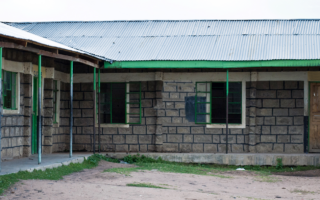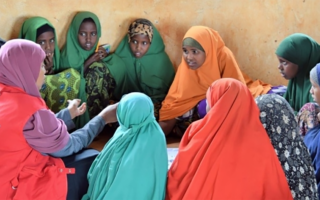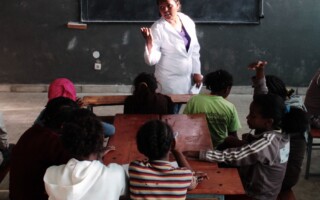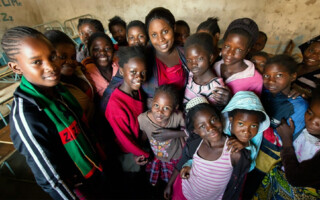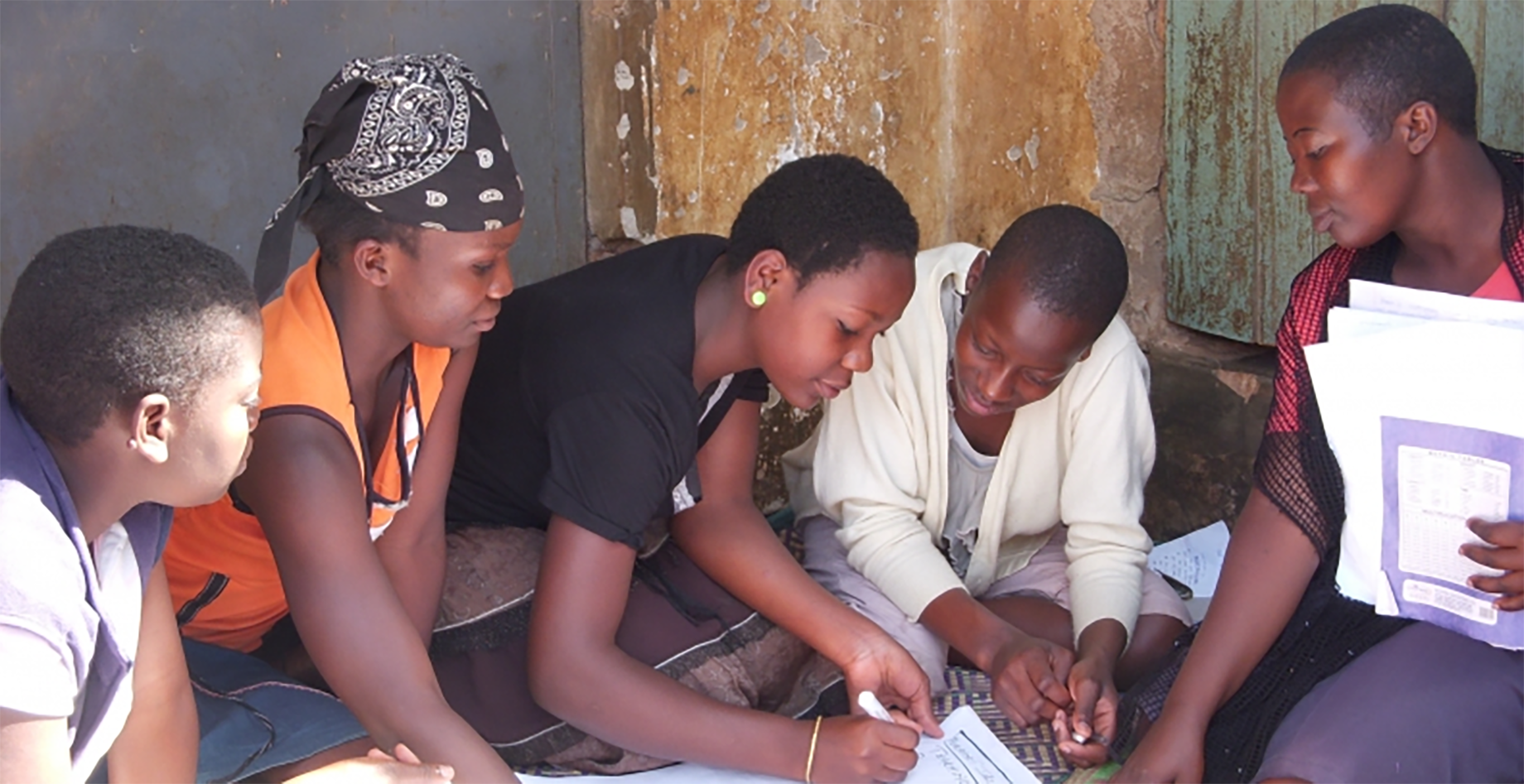
For many adolescent girls around the world, puberty is a vulnerable time when girls face various pressures and challenges—including sexual harassment, abuse, early marriage, and unintended pregnancy—which threaten their health and well-being. These challenges are amplified when girls lack the knowledge and tools they need to navigate puberty safely and with dignity.
Access to menstrual hygiene products and sexual and reproductive health education is thought to help reduce school absence and improve health and social outcomes, however little rigorous evidence exists to date.
The Population Council conducted a randomized controlled trial to evaluate the Nia Project, a study involving more than 3,000 adolescent girls in 140 primary schools in Kilifi, Kenya, to determine whether providing girls with reproductive health education and menstrual hygiene products positively impacts their education and well-being.
Participating schools were assigned to receive one of four interventions:
- Arm 1: Schools receive disposable sanitary pads
- Arm 2: Schools receive reproductive health education
- Arm 3: Schools receive disposable sanitary pads plus reproductive health education
- Arm 4: Schools serve as the control arm of the study and no interventions are provided
This was the first rigorously evaluated study to provide evidence on the impact of interventions combining sanitary pad distribution and reproductive health education in schools, as compared to each intervention alone, on educational, social, and health outcomes for girls.
The Nia Project is led by the Kenyan social enterprise ZanaAfrica in partnership with its nonprofit arm ZanaAfrica Foundation who, together, develop and deliver high-quality, affordable menstrual health products and health education resources for women and girls. The Population Council serves as the Group’s research partner to evaluate the impact of the interventions.
Evidence from the Nia Project lays the foundation for future action and study on menstrual health management, and school-based reproductive health education. These results represent a major step forward in the quality of evidence on approaches to improve the health, educational, and social outcomes of adolescent girls in Kenya.

